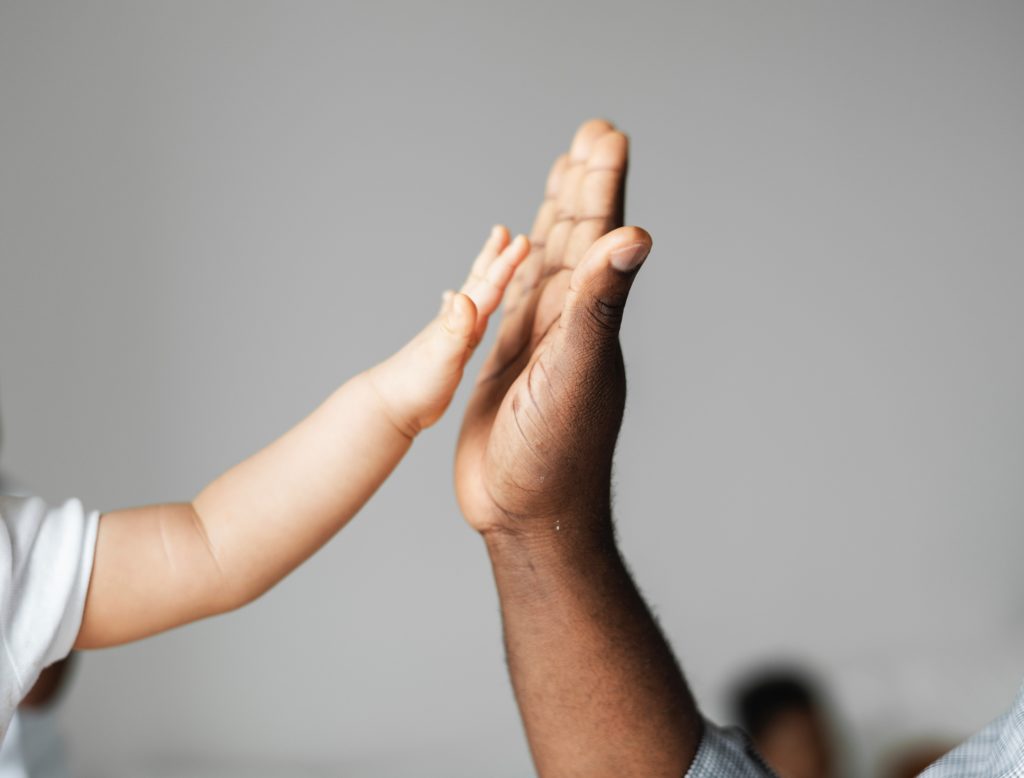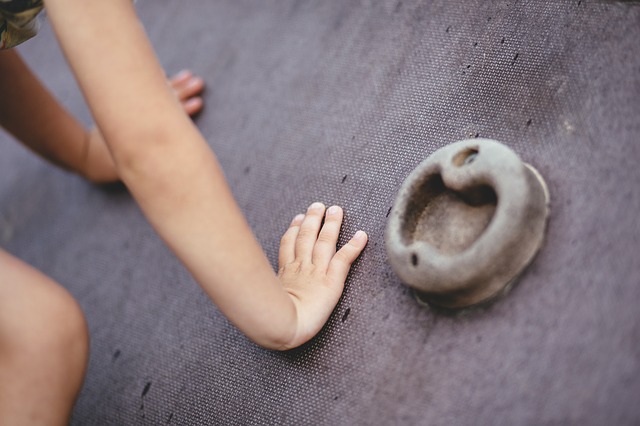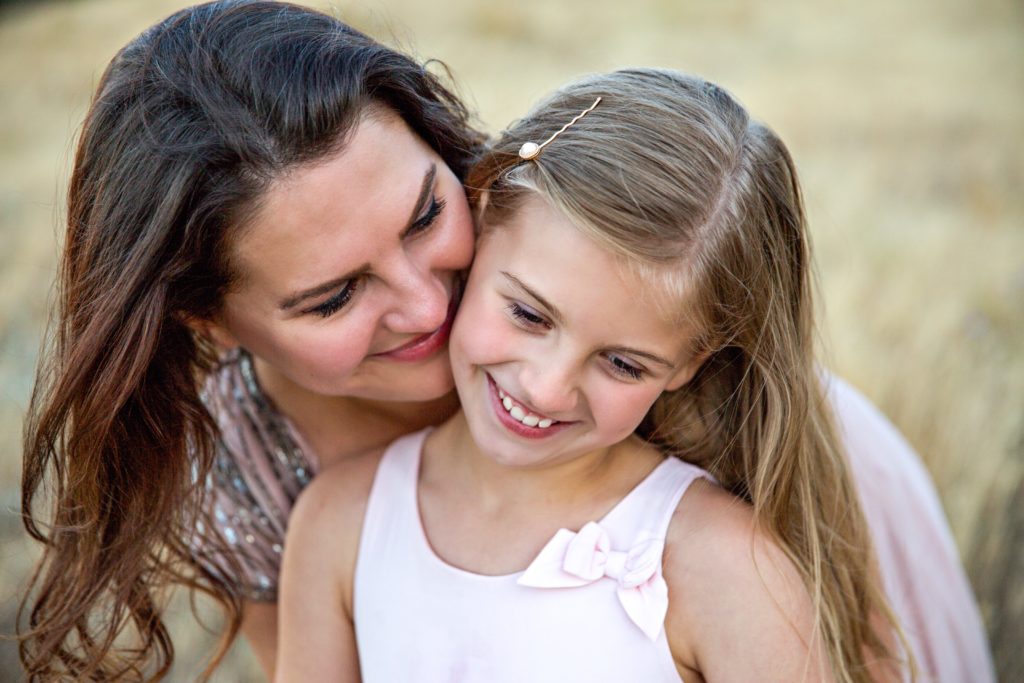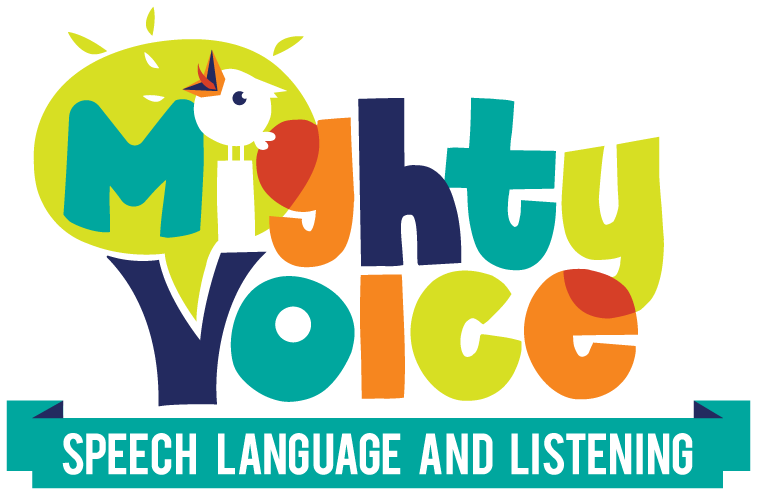I went to a session on transition (moving from school to adult life) and self advocacy at the recent Midwest Conference on Deaf Education with few expectations. After all, I work with children, and didn’t think that I would find much practical application. But, it was an interesting topic and so I went. And now I can’t stop thinking about it.
Why We Need to Care About Self Advocacy For Children with Hearing Loss When They’re Young
I wish I could remember Dr. Luckner’s actual quote, but the gist of it was this–we focus a lot on childhood, and it is important, but nearly 3/4 of a person’s life is spent in adulthood. And what are we doing to plan for that?

Of course, if you’re anything like me, you spend a LOT of time thinking about your child right now in the hopes that you can make life easier/better/etc. for them later. You read about sleep schedules and developmental norms, and if you’re the parent of a child who is deaf or hard of hearing you read about language development and listening and spoken language therapy and IEPs and 504s.
But what Dr. Luckner got me thinking about was this–what practical skills are we developing in kids with hearing loss that will help them become successful adults? Are we equipping them with self advocacy skills so that they can grow to be independent adults?
Are We Really Helping Our Children?
I try not to be a helicopter parent. You know, the ones who follow their very capable 4 year olds on to the play structure, or the ones who call their kids’ college professors to ask about assignments. I’ve heard from clients that when you have a child with special needs, you can sometimes feel so much parental guilt or uncertainty that you end up protecting or sheltering your child even more.

Since becoming a parent I’ve started to think differently about what “helping” our children looks like, and I think it may have some application for families of children with hearing loss. When we think about helping our children, one question I heard has stuck in my mind…What opportunities for learning or accomplishment are you taking away from your child if you do X or Y (you fill in the blank) for them? What are you keeping your child from learning?
Self Advocacy Defined
This post from Hands & Voices explains self-advocacy as the ability for a child to:
- describe his/her own skills and needs
- set his own goals and a create a plan to reach them
- know the how, who, and when to ask for assistance
- Make decisions and then take the responsibility to deal with the consequences of those decisions.
This is certainly a goal of every parent. I would argue that for a child with additional challenges, like hearing loss, self-advocacy doesn’t mean that we need to do more things for them. Instead, we need to gradually do less. We need to focus on ways to build our kids’ abilities in the areas of challenge.

How Do We Build Their Self Advocacy Skills?
Instead of noticing and changing their hearing aid or cochlear implant batteries for them, we start to teach them to recognize when they need to be changed, and have them notify and adult. Instead of explaining to others why our children wear hearing aids or CIs, we start to help our kids do some of the explaining themselves. We teach them the names of the pieces of their technology, and support them to ask for clarification or repetition when they didn’t hear something. We show them how to politely ask their teacher or coach to turn on or connect the remote mic, and help them name their emotions when they’re exhausted and cranky from listening all day.
Want more specifics? Check out my post on self advocacy skills for toddlers and self advocacy skills for preschoolers.

As our children get older, we facilitate the transition from being their advocates to teaching them how to advocate for themselves. That might mean they first come along to talk to their classroom teacher, and eventually transition to doing it on their own. We teach them about the IEP process, what’s involved, and how to participate in that process.
Be Your Child’s Cheerleader
I once heard someone say “Don’t ever let someone else be a bigger cheerleader for your child than you,” and self-advocacy is one of the biggest ways we can be cheerleaders for our kids with hearing loss. Not do-ers for them, but teachers, guides, and cheerleaders. Because remember, we’re not just teaching our children, we’re really raising independent, successful adults.
